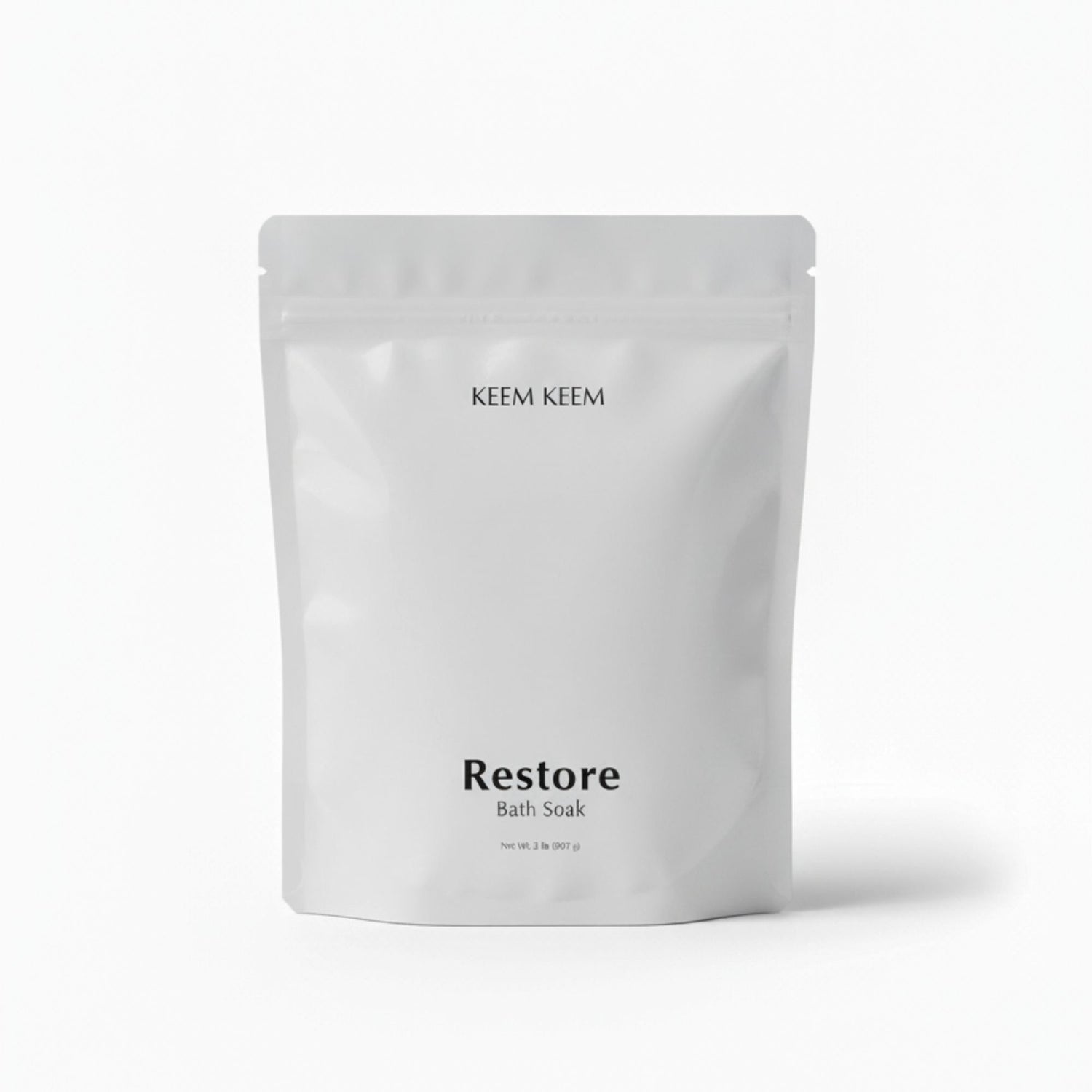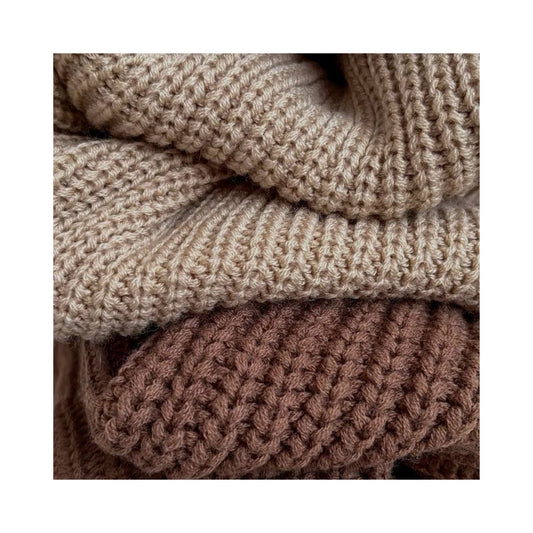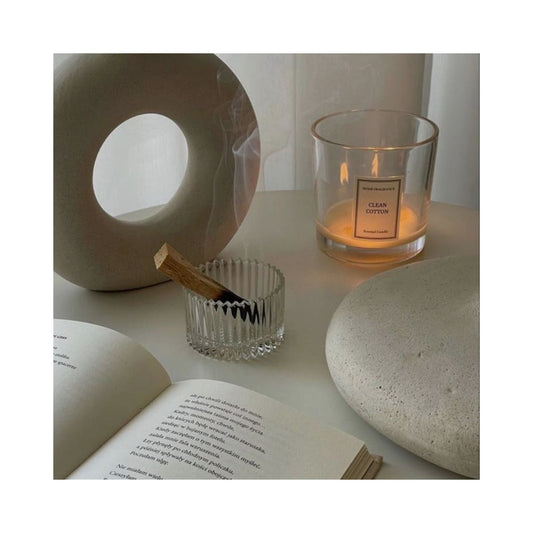The Hidden Cost of Hustle Culture: How to Unplug & Reset
Keem KeemShare
We live in a culture that glorifies being busy. Emails after midnight, Slack notifications at dinner, the pressure to respond instantly — it’s all celebrated as dedication, proof you’re keeping up. But what’s rarely acknowledged is the cost.
Being “always on” doesn’t just drain energy. It reshapes attention, erodes rest, and convinces us that unplugging is selfish. And yet, **rest isn’t indulgence — it’s biology**. Your body and mind need it to function.
This post explores the hidden toll of hustle culture, why guilt-free unplugging matters, and how intentional pauses — like a phone-free soak with Trifecta Bath Soak or a shower with Eucalyptus Steamers — can become **anchors that help reclaim balance**.
Jump to a Section:
The Hidden Cost of Hustle Culture
- **Cognitive overload:** Constant notifications and multitasking reduce productivity and impair memory.
- **Stress accumulation:** Research links chronic digital connection to elevated cortisol and anxiety.
- **Erosion of boundaries:** When every space becomes a workspace, true downtime disappears.
The cost isn’t just fatigue — it’s the erosion of the ability to focus, recover, and enjoy life offline.
Why It’s So Hard to Unplug
- **Social pressure:** Being responsive is seen as professionalism.
- **Fear of missing out:** The belief that every opportunity is urgent.
- **Internalized worth:** Productivity becomes tied to self-esteem.
Behavioral science shows that when habits are rewarded with dopamine (like social media pings), breaking them feels uncomfortable — even guilt-inducing.
Reframing Rest as Strategy, Not Weakness
Unplugging isn’t laziness — it’s performance recovery. Athletes train in cycles of effort and rest for a reason: the body can’t adapt without downtime. The same is true for mental work.
When you take guilt-free breaks:
- Focus improves.
- Stress hormones regulate.
- Creativity rebounds.
This isn’t stepping back — it’s recharging to step forward more effectively.
Practical Ways to Unplug Without Guilt
Set device-free anchors
Pick one nightly habit (like a soak with Restore Bath Soak) where phones stay outside the bathroom.
Batch responses
Check emails at set times instead of being reactive all day.
Replace, don’t just remove
Swap scrolling with journaling, stretching, or a warm shower with Lavender Steamers.
Name your boundary
Tell coworkers or friends: **“I unplug after 9 PM so I can be sharp tomorrow.”** Framing it as intentional makes it easier to hold.
Baths and Showers as Intentional Pauses
Water has long been used as a marker of transition — cleansing not just the body, but the day. In modern life, baths and showers are rare spaces where the phone doesn’t have to follow.
- **Trifecta Bath Soak:** Extra-strength support for sore muscles and tension after long, overworked days.
- **Restore Bath Soak:** Magnesium replenishment for evenings when stress feels heavier than usual.
- **Eucalyptus Steamers:** A refreshing reset that clears both the airways and the mental fog of constant notifications.
- **Menthol Steamers:** A morning lift that replaces doomscrolling with clarity and energy.
These aren’t luxuries — they’re strategies to create intentional pauses.
Final Thoughts
Being **“always on” isn’t sustainable**. The hidden cost is energy drained before it has a chance to renew. The path forward isn’t about abandoning responsibility — it’s about reclaiming rest without guilt.
Start small: one phone-free shower, one evening soak, one device-free bedtime routine. Those micro-breaks are where resilience builds.
Ready to Reclaim Your Rest?
SHOP INTENTIONAL PAUSESReferences
- Mark G, Gudith D, Klocke U. The cost of interrupted work: More speed and stress. Proceedings of the SIGCHI Conference on Human Factors in Computing Systems. 2008;107–110.
- Thomée S, Härenstam A, Hagberg M. Mobile phone use and stress, sleep disturbances, and symptoms of depression among young adults. BMC Public Health. 2011;11:66.
- Sonnentag S, Fritz C. Recovery from job stress: The stressor–detachment model as an integrative framework. J Organ Behav. 2015;36(S1):S72-S103.
Disclaimer
This content is for informational purposes only and does not substitute professional medical advice. Always consult your healthcare provider before beginning any new wellness practices.



